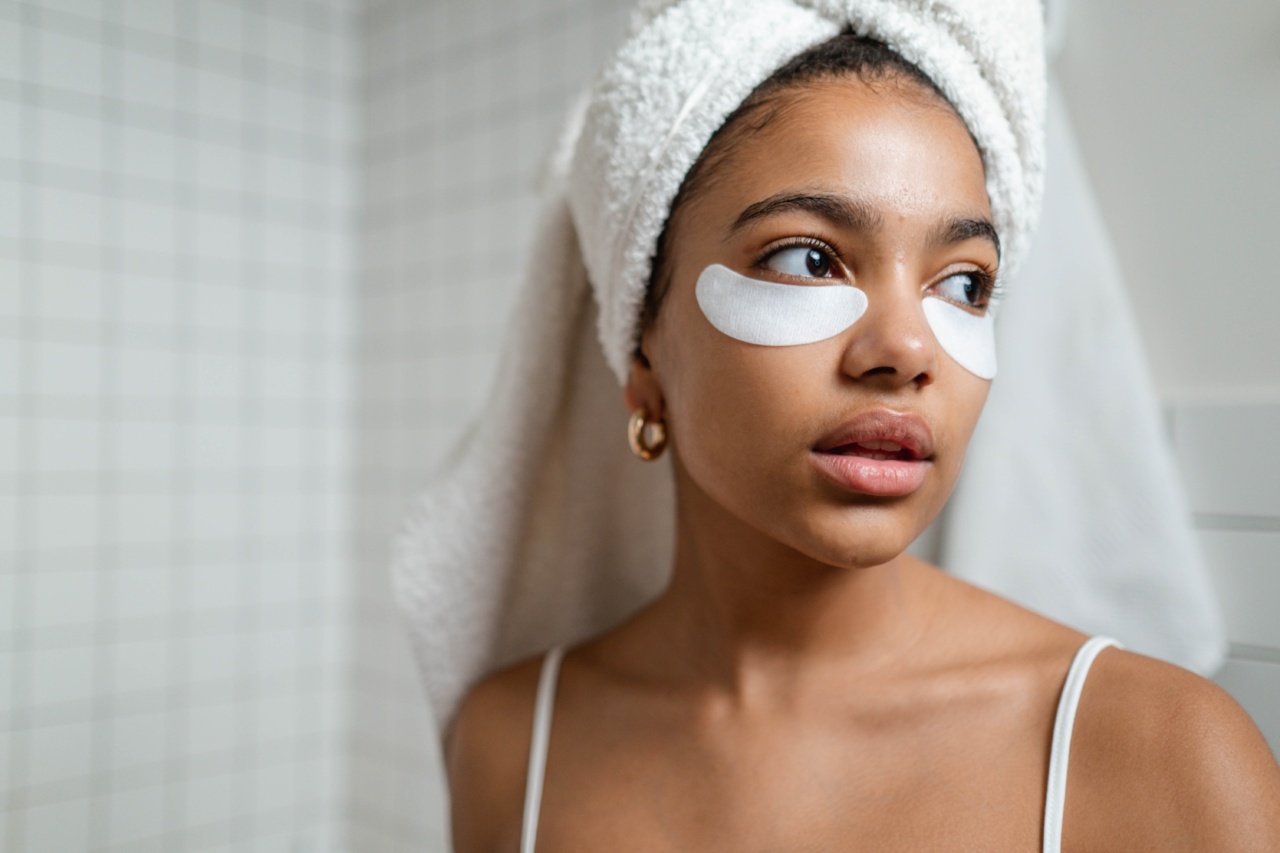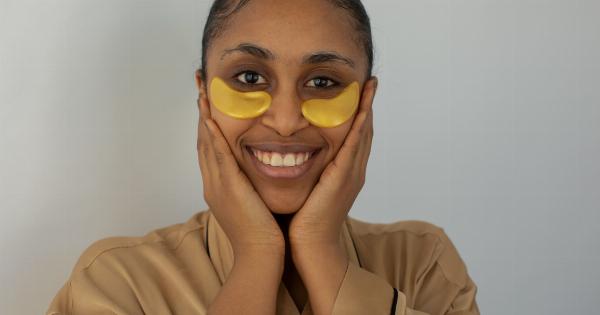Your eyes are precious organs that play a crucial role in your daily life. Maintaining good eye health is essential for clear vision and overall well-being.
While regular eye exams and proper nutrition are important, practicing good hygiene for your eyes is equally crucial.
Why Hygiene for Eye Health Matters
Our eyes are exposed to numerous environmental elements, pollutants, and potential pathogens daily.
Without adequate hygiene practices, these factors can contribute to various eye conditions and infections, such as conjunctivitis, blepharitis, or even more severe issues.
To protect your eyes and prevent eye infections, it’s vital to follow these recommended hygiene practices:.
1. Frequent Hand Washing
Before touching your eyes or handling contact lenses, make sure to wash your hands thoroughly with soap and warm water. This simple step helps eliminate bacteria and reduces the risk of transferring harmful organisms to your eyes.
2. Proper Contact Lens Care
If you wear contact lenses, it’s crucial to clean and disinfect them properly. Follow your eye care professional’s instructions and use recommended solutions to prevent the buildup of bacteria and fungi on your lenses.
Additionally, replace your contact lens case regularly to avoid contamination.
3. Avoid Rubbing Your Eyes
While it may provide temporary relief, rubbing your eyes can introduce dirt, allergens, and potentially harmful microorganisms into your eyes. Instead, use clean tissues or eye drops to soothe any irritation or itchiness.
4. Keep Your Eyelids Clean
Gently cleanse your eyelids and eyelashes every day to remove oil, debris, and bacteria that can accumulate along the lash line. Use a mild, hypoallergenic cleanser or baby shampoo with warm water and a clean washcloth or cotton pad.
This practice can help prevent conditions like blepharitis.
5. Avoid Sharing Eye Makeup
Sharing eye makeup products can lead to the transfer of bacteria and viruses, increasing the risk of eye infections. It’s important to use your own makeup brushes, eyeliners, mascaras, and eye shadows to prevent contamination.
Additionally, replace your eye makeup regularly, following manufacturers’ guidelines.
6. Protect Your Eyes from Harmful Substances
When using household cleaning chemicals, garden pesticides, or participating in activities with potential eye hazards (e.g., welding, woodworking), wear protective eyewear.
Safety glasses or goggles can prevent debris, chemicals, or foreign objects from causing eye injuries.
7. Limit Screen Time and Take Breaks
Excessive screen time can strain your eyes, leading to discomfort and dryness. To keep your eyes healthy, follow the 20-20-20 rule: every 20 minutes, take a 20-second break, and focus on something 20 feet away. This helps reduce eye fatigue and strain.
8. Practice a Nutrient-Rich Diet
Eating a balanced diet rich in vitamins, minerals, and antioxidants is beneficial for your overall eye health.
Include foods like leafy greens, citrus fruits, fish, nuts, and carrots, as they contain essential nutrients such as vitamin C, vitamin E, omega-3 fatty acids, and beta carotene.
9. Stay Hydrated
Proper hydration is important for maintaining healthy eyes. Drink an adequate amount of water throughout the day to prevent dryness and promote tear production. Consider regular use of lubricating eye drops if you experience dry eyes frequently.
10. Schedule Regular Eye Exams
Regular eye exams are crucial, even if you don’t experience any vision problems. Eye exams not only assess your vision but also detect underlying eye conditions and diseases in their early stages.
Follow your eye care professional’s recommended schedule for check-ups.
By incorporating these hygiene practices into your daily routine, you can proactively safeguard your eye health and mitigate the risk of eye infections and other eye conditions.
Prioritizing proper eye hygiene is integral to maintaining optimal vision and overall well-being.





























